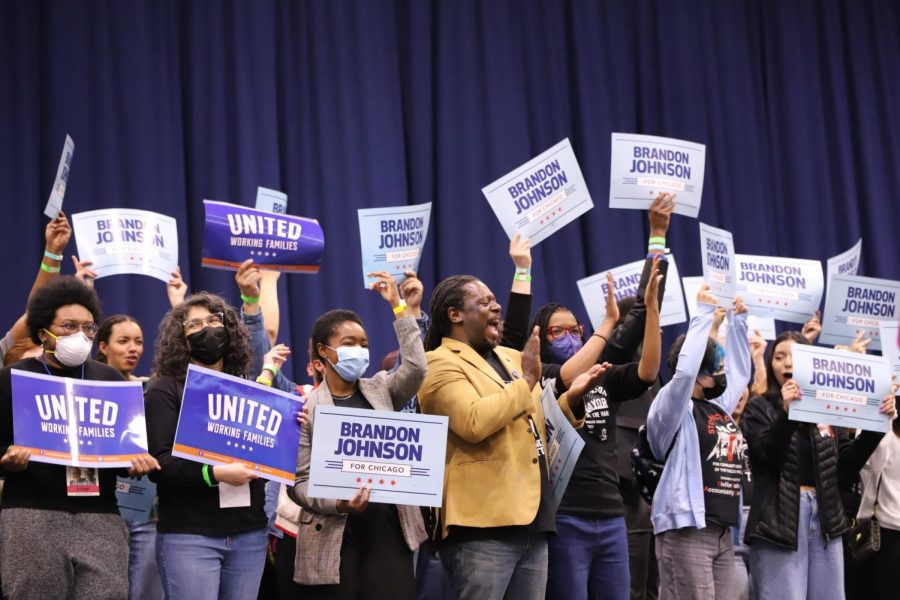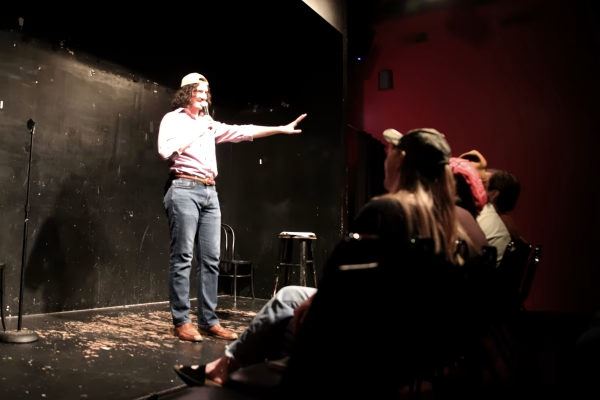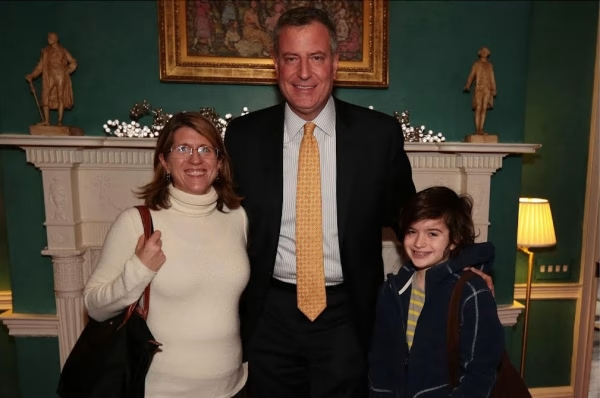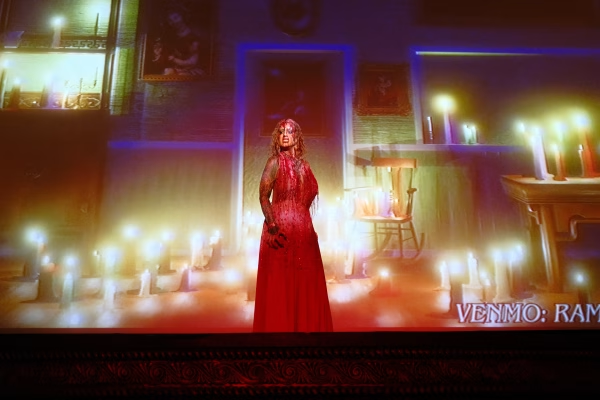COLUMN: Brandon Johnson proved, once again, that people power wins elections
Organizers and volunteers for Brandon Johnson’s campaign cheer as Johnson and U.S. Senator Bernie Sander takes the stage at rally at UIC CreditUnion1 Arena ahead of runoff election on April 4.
In a victory for organized labor, Brandon Johnson was elected the next mayor of Chicago on April 4. Johnson was elected on progressive ideals and the full might of the Chicago Teachers Union (CTU). This continues a trend of progressives winning seats held by lifetime moderate candidates, seen across the nation. Real progressives are viable candidates. All that is required is the backing of real people and real organizers — not big money.
This shift in the political landscape began back in 2018, with the election of Alexandria Ocasio-Cortez to NY-14. Ocasio-Cortez, a candidate running on Medicare for All and other progressive reform was able to unseat a career Democrat solely with a grassroots movement — no super PACs required. She has served as the face of the progressive movement across the country, an example of a working class politician who has stuck to her values— uncorrupted by the political machine.
This trend has continued across the country. Grassroots organizing is nothing new, but in the last few years, it has spread like wildfire. Activists like former Georgia state Rep. Stacy Abrams mobilized hundreds of thousands of voters — turning her state blue. This is the context in which Johnson emerged, as a former Chicago Public School teacher and paid organizer for CTU. Johnson is the “every man” progressive voters, especially young voters, were looking for.
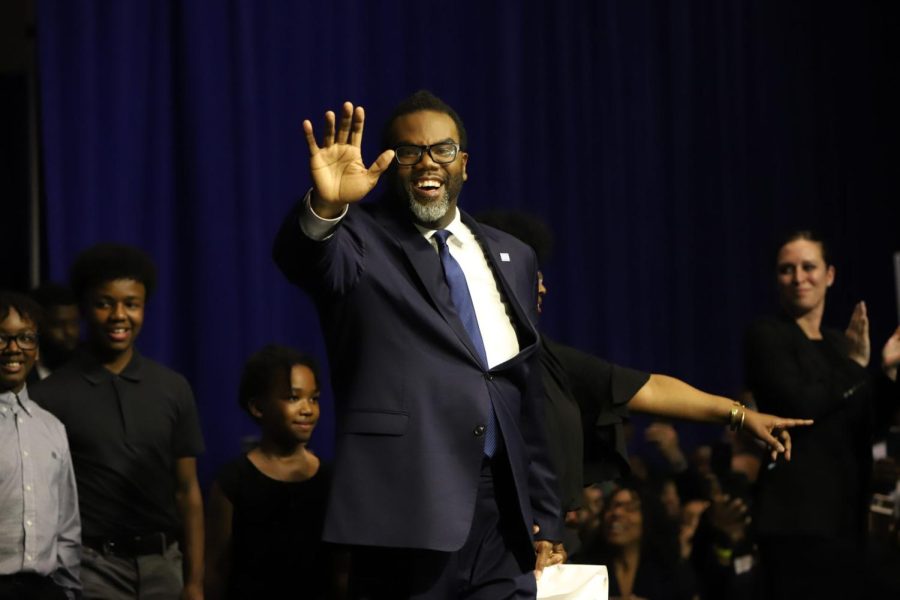
After leaving the classroom in the early 2010s, Johnson took a stint as an organizer for CTU— leading the 2012 strike of more than 25,000 educators. After his time as an organizer, Johnson became a Cook County commissioner with endorsements from CTU/ AFT Local 1 and Service Employees International Union. These endorsements followed him to his mayoral run.
Diametrically opposed to the public school teacher and CTU organizer stood Paul Vallas, the former CEO of Chicago Public Schools. The millionaire resides in Palos Heights, which many Chicagoans would hardly consider a part of the city. The suburb has a median income of $90,995, according to CMAP, far higher than the average Chicago household income.
Johnson resides in the Austin neighborhood on the West Side of Chicago. The median income in Austin is $35,555, according to CMAP.
Johnson’s reliance on people power can be seen in his endorsement by U.S. Sen. Bernie Sanders at a rally before the election. Sanders has been the face of the progressive sect of American politics for decades, centering on people, labor organizations and the social safety net. Johnson’s victory sends a powerful message. When candidates prioritize the needs of their constituents and reject the influence of big money, change is possible.
Johnson campaigned on the improvement of mental health support and community-based intervention rather than vowing to beef up an already bloated Chicago Police Department. More cops is an ineffective cop-out to solve crime in Chicago. It is a fear-mongering ode to the rich who do not live in this city but love to malign it as a dangerous “hell-hole.” Problems with structural roots require structural solutions. More cops cannot solve the problems in Chicago.
I almost feel like an imposter. I am not from Chicago. I just go to school here. However, after living in the city for a short six months, it seems clear that a moderate masquerading as a Democrat was not right for the city, and from the results on Tuesday voters in Chicago agree.
It is ridiculous to ignore the impact college students and other young adults, many of whom are new to the city, can have on elections. In the run-off, youth voter turnout (18-24) was up 32% compared to the general election. We showed up, and it turned out older voters did not. The 65-74 age group decreased by 5% from the general election, according to the Chicago Board of Elections.
It feels naïve to position Johnson as a champion for Chicago already, he has yet to take office. But a person’s past and the people they surround themselves with tend to do a good job at defining their character. Surrounding himself with teachers, union activists and organizers gives me a good feeling about what he will bring to the city.
It is hard to not have a fleeting glimmer of hope when a real progressive candidate wins the mayoral seat in the third-largest city in the nation. Chicago is on a gambit, with the awesome power to show the rest of the nation what progressive leadership can do to improve a city.


